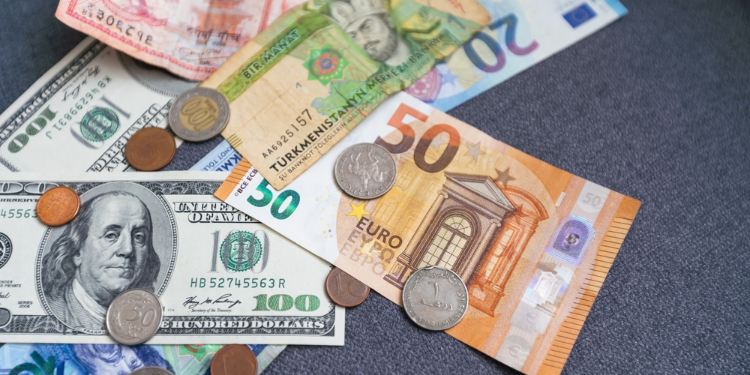Currencies that resist the US dollar
One of the effects of the global health crisis, the war in Ukraine, and inflation is that the US dollar, a historical safe haven, has lived up to its name more than ever. Investors heavily favored the American currency to the detriment of others. The consequences were catastrophic for the currencies of developing countries, and there were also tensions in European, Japanese, and British markets, with currencies plummeting against the dollar. Admittedly, the euro has shown some strength this year. In May 2023, the European currency recorded a 3.1% increase (4.6% over the year) and managed to surpass the dollar again. Investors regained their appetite for risk and turned away from the dollar in favor of other currencies.
While major currencies plummeted against the dollar, Armenia, Albania, and Georgia resisted the fall. FDi intelligence (affiliated with the Financial Times), which has been studying the situation of 94 countries since 2020, identified 11 countries whose currencies appreciated against the US dollar. The value of the Armenian dram (AMD) rose by nearly 24% compared to the dollar. This was the most significant appreciation recorded in the study. In June, buying 1 USD took 386 AMD; in 2020, it required around 481.27 AMD. The Albanian lek (ALL) and the Georgian lari (GEL) were the other two currencies with the most substantial increases, at +11.1% and +10.1%, respectively. Other currencies that resisted the US dollar were the Mexican peso (+8.8%), the Swiss franc (+7.7%), the Costa Rican colón (+5%), the Czech crown (+3.9%), the Seychelles rupee (+1.1%), the Honduran lempira (+0.4%), and the Singapore dollar (+0.3%).
Impact on expatriates' finances
According to FDi intelligence, one of the reasons for the resurgence of weaker currencies is the current international situation. The war in Ukraine led multinational companies established in Russia to relocate to Armenia, which also benefited from a significant increase in foreign direct investments (FDI). Lebanon and Georgia also experienced rises in FDI.
How does this affect expats' finances? It's worth noting that the US dollar remains a safe haven and the preferred currency for exchanges. Investors are likely to monitor market trends closely. Other expatriates will stay attentive to market developments based on their individual situations (travel, investments, etc.).
For instance, the yen's decline against the US dollar and the euro could benefit those considering a move to Japan. The Bank of Japan (BoJ) has relied on a weak yen to achieve positive results in the economy, particularly in terms of inflation, but acknowledges that this strategy can be quite challenging for some sectors. The yen keeps on hitting historic lows. In October 2022, 1 USD was equivalent to 147.80 yen, the lowest level in 32 years. Today, it takes 139.11 yen to get 1 dollar. Conversely, a weak yen is a considerable drawback for people needing dollars or euros (for purchases or payments in foreign currencies).
Expats are also advised to be cautious regarding life insurance and real estate investments, two popular options for expatriates. Depending on the contracted policy, these investments may experience a decline in performance. For instance, a multi-support life insurance contract, including a significant portion of investments in various foreign plans, may be more vulnerable to fluctuations in exchange rates. The same reasoning applies to foreign real estate investments, especially if the investment aims for capital appreciation.
















